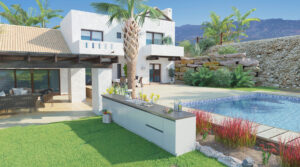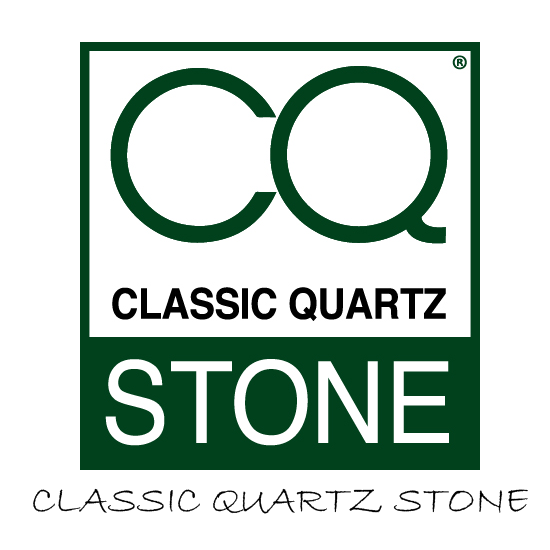10 Pros & Cons for Using Quartz Stone on Outdoor Work Surfaces
 Quartz is an innovative material that has become the synonym for high-quality work surfaces. This manufactured material is made of 93% quartz stone and 7% resins and binders. This combination has proven to be very effective when it comes to surpassing the disadvantages of natural stones. It brings out the best of both worlds- the durability of the stone and the stain resistance of resins.
Quartz is an innovative material that has become the synonym for high-quality work surfaces. This manufactured material is made of 93% quartz stone and 7% resins and binders. This combination has proven to be very effective when it comes to surpassing the disadvantages of natural stones. It brings out the best of both worlds- the durability of the stone and the stain resistance of resins.
However, because of its engineering nature, there are also some things to consider when deciding whether to choose quartz for your outdoor work surfaces or not. Continue reading and find out about them.
1. Quartz is durable
When choosing material for outdoor work surfaces one of the most important characteristics is its durability. Your work surfaces are exposed to harsher conditions outdoors than they are indoors, therefore you will want a material like quartz that can handle different conditions.
2. Non-porous
Outdoor countertops tend to be exposed to a lot of water, which is why it is important to have a material that doesn’t absorb liquids. Constant exposure to water will not harm your quartz surfaces.
3. Resistant to staining
You will want your outdoor surfaces to be resistant to staining as well as your indoor. You will not want spills leaving permanent stains on your surfaces, so choosing quartz stone is a great option for that.
4. Easy to maintain
Quartz surfaces are a dream to maintain; you can clean them with just soap and water. They don’t need sealing, unlike natural stones.
5. Appearance
Quartz can give you that natural stone look just like granite and marble. It is one of the most beautiful stones out there. Its appearance can be a great addition to your whole home.
6. Quartz is not UV resistant
Quartz can fade when it is exposed to direct sunlight. However, this doesn't mean you can’t use quartz for outdoor surfaces, you just need to use it a certain way. It is best to install quartz surfaces facing north, so it doesn’t get sunlight. If that’s not possible, provide a sunshade for your surfaces.
7. Variety
As a manufactured stone, quartz has a great variety of colours. During its manufacturing process, the pigments can be added to change their colour. You can easily choose a colour that will adapt nicely to a more natural context.
8. Sensitive to chemicals
Quartz is sensitive to chemicals that contain bleach and ammonia. Avoid such chemicals for cleaning and simply use soap and water instead.
9. Resistance to heat
You should limit your countertops exposure to heat, such as placing hot pans, pots or dishes directly on them. Always use mats when placing hot objects on your countertops. Heat can melt the resins which can lead to discolourations.
10. Affordable
Quartz stone is more affordable than similar options for outdoor work surfaces, such as marble or granite. With it, you will not break your bank.
Using quartz for outdoor surfaces is possible when you use it the right way. Make sure your surfaces are not exposed to direct sunlight by providing a shade. When it is used properly, quartz is a great option for both indoor and outdoor kitchens.
Have more questions about using quartz for outdoor surfaces? Please feel free to contact us and we will be happy to answer them.
